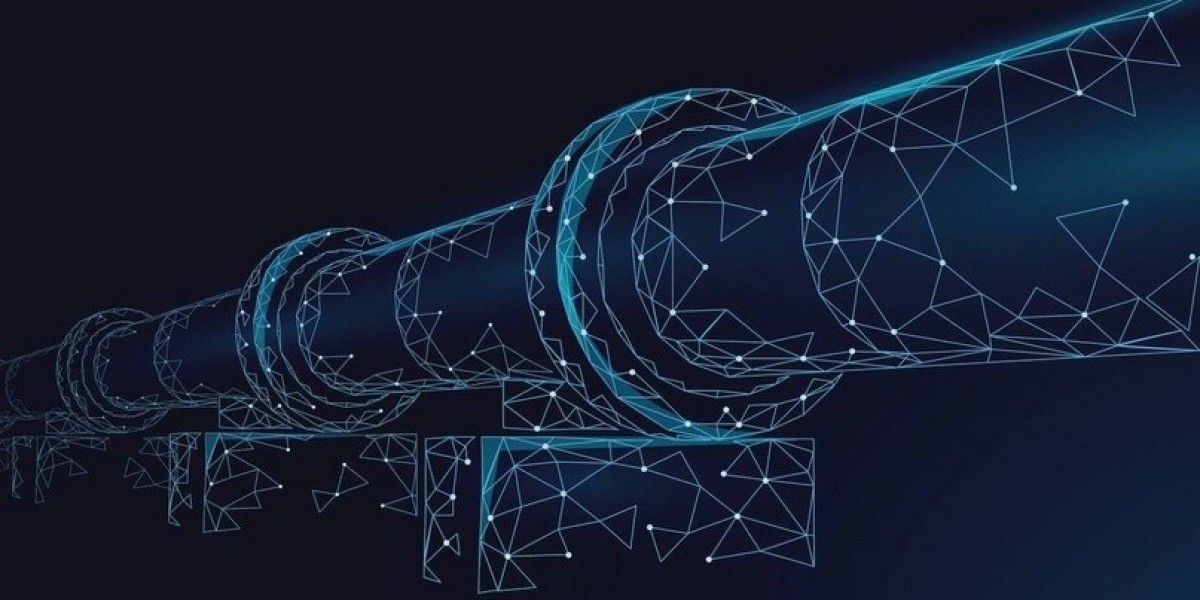Importance of Pipeline Integrity
Pipelines play a vital role in transporting crude oil, refined products and natural gas across long distances safely and efficiently. However, due to various internal and external factors, pipelines may develop anomalies or defects over time which can potentially impact the structural integrity and lead to incidents if not addressed properly. That is why pipeline operators focus significantly on pipeline integrity management to minimise risks and ensure continuous safe operations.
Different Threats to Pipeline Integrity
Corrosion is one of the major threats that can impact the integrity of a buried pipeline. Soil conditions, moisture and dissimilar metals in contact lead to corrosion of the pipeline surface and walls. Factors like third party damage, material defects and construction anomalies can also jeopardise the mechanical strength of the pipe body. Ground movements caused by subsidence or earthquake further impose stresses on underground pipes. Other Pipeline Integrity threats include weathering damage from extreme heat, cold or flooding as well as microbiologically induced corrosion. Proper identification, evaluation and mitigation of such integrity threats is critical for the pipeline to deliver its design life safely.
Integrity Management Programs
To ensure pipeline integrity is maintained throughout operations, operators develop comprehensive integrity management programs consisting of various elements. Periodic in-line inspections are conducted using tools such as smart pigs to detect and evaluate anomalies inside the pipeline. Hydrotests are carried out to check pipe strength and detection of leaks. External corrosion and coatings are monitored through direct assessment techniques. Pipeline and facility designs are regularly reviewed against current codes and standards. Threats from third party excavations are mitigated using multi-layered damage prevention programs. Operational and maintenance data is also evaluated to support integrity assessments. Stringent qualified repair, remediation and preventive measures further bolster the risk reduction efforts.
Implementing Preventive Solutions
While repairs address existing defects, a balanced focus on preventive solutions helps proactively manage long-term integrity. Pipeline coatings are upgraded or reapplied to provide effective corrosion protection for buried pipes. Cathodic protection systems are installed and monitored to curb corrosion progression. Flexible pipes are used at locations prone to ground movement. Pipeline routes are selected carefully to avoid high-risk areas and frequent excavations. Leak detection systems continuously monitor the pipelines for releases. Remote monitoring technologies are used to gather real-time pipeline data for integrity assessments without need for inline inspections. Use of modern materials also improves long-term integrity performance. Such preventive measures implemented as part of integrity programs play a major role in ensuring continued safe operations over the lifetime of pipelines.
Ensuring Regulatory Compliance
Pipeline safety regulations require operators to demonstrate effective integrity management. Detailed plans and procedures are formulated addressing identification of all applicable integrity threats, selection of assessment methods based on risk, remediation of defects, preventive mitigation programs and periodic reviews. Regulators audit operator programs to ensure compliance with applicable codes. Data from assessment techniques, repair and preventive actions is submitted through periodic reports. This enables regulators to monitor integrity performance and take necessary corrective actions in case of shortfalls. Compliance with regulatory guidelines backed by strong risk-based programs and data-driven decision making helps build trust with stakeholders and maintains pipeline as a reliable and responsible mode of transportation.
Continuous Improvement Focus
As technologies evolve, new integrity threats emerge and regulations are updated, pipeline integrity management demands a focus on continuous improvement. Latest tools and techniques are evaluated to more effectively detect and characterize defects. Preventive solutions keep pace with the changing risk landscape. Data and information management systems are enhanced for timely decision making. Lessons from incidents are incorporated to strengthen program frameworks. Workforce training ensure skills and competencies are up-to-date. Continuous stakeholder and community engagements aid in understanding emerging local concerns. Progressive initiatives on areas like emissions reduction and carbon footprint management further demonstrate commitment to sustainability. Such efforts towards consistent program upgrades will play a key role for the pipeline industry to deliver safe, reliable and environmentally responsible service in the future as well.
a well-structured and diligently implemented integrity management provides the foundation for pipelines to operate safely over their design lives while meeting stringent performance expectations. Continuous focus on integrity through balanced risk-based programs enhances safety, protects the environment, assists regulatory compliance and boosts public confidence in this essential mode of energy transportation.
Get more insights on - Pipeline Integrity
Discover the language that resonates with you
About Author:
Ravina Pandya, Content Writer, has a strong foothold in the market research industry. She specializes in writing well-researched articles from different industries, including food and beverages, information and technology, healthcare, chemical and materials, etc. (https://www.linkedin.com/in/ravina-pandya-1a3984191)



